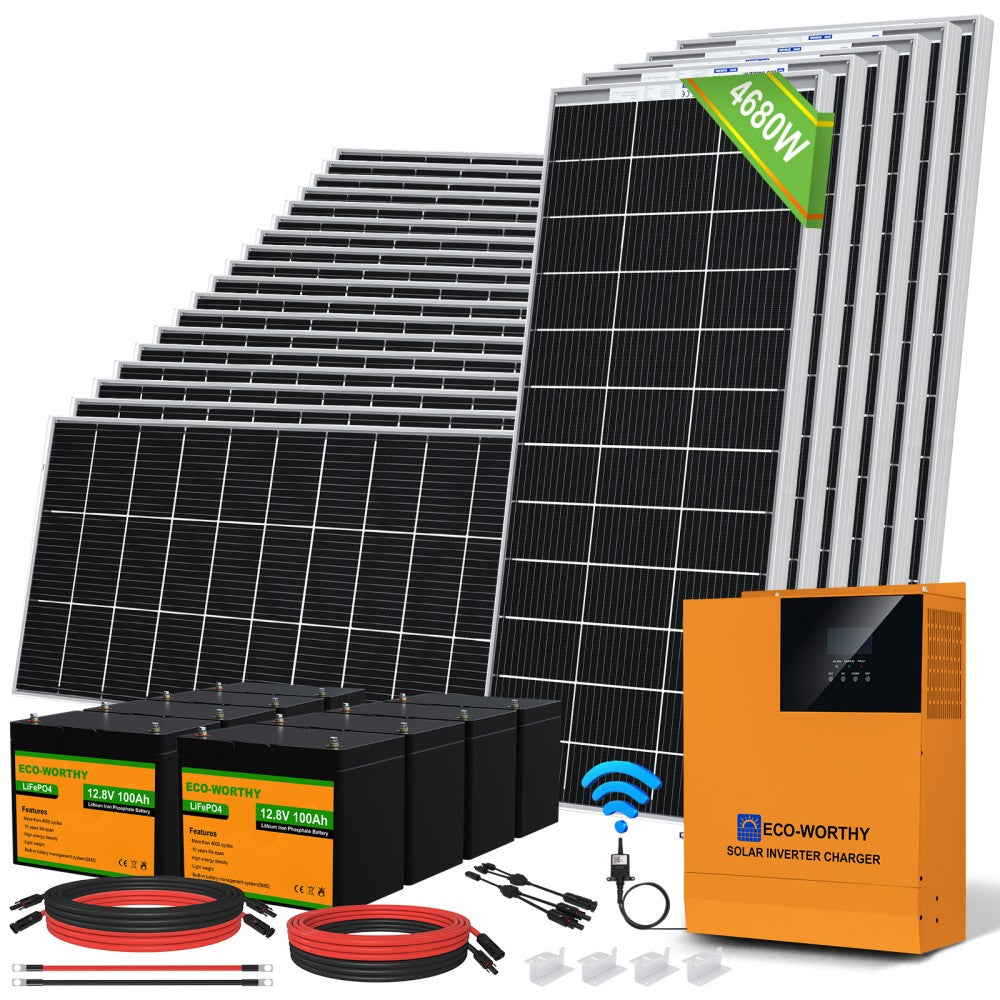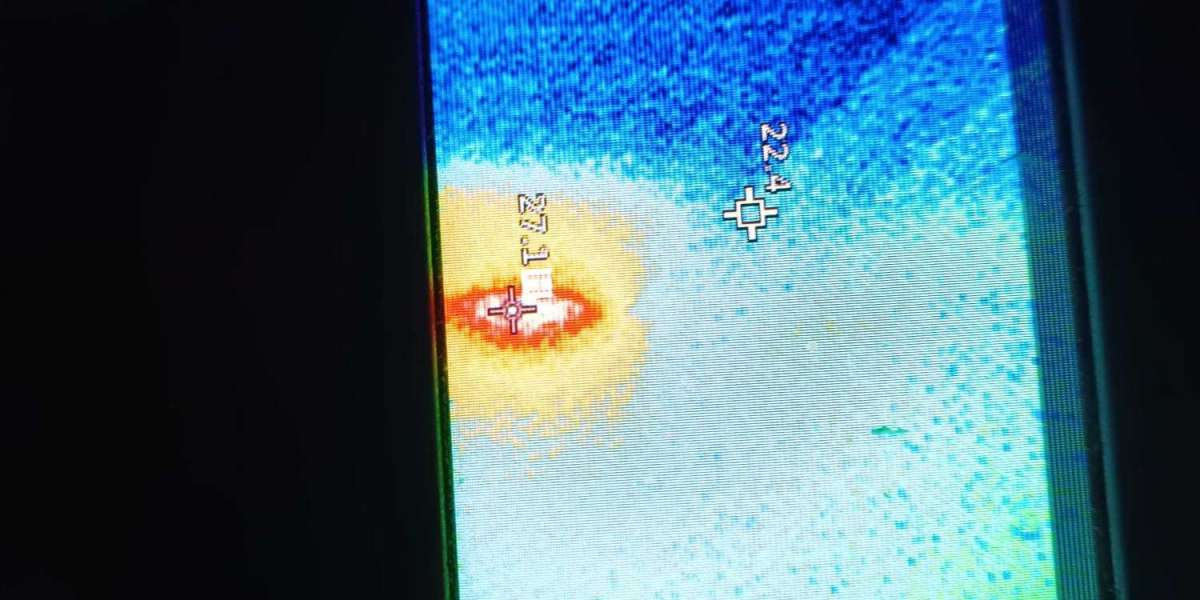In recent years, the demand for renewable energy solutions has surged, leading to a growing interest in off-grid systems. Central to these systems is the off-grid inverter, a device that plays a crucial role in converting direct current (DC) from solar panels or batteries into alternating current (AC) for household use. This article delves into the workings and advantages of off-grid inverters, providing a comprehensive understanding for those considering energy independence.

What is an Off-Grid Inverter?
An off-grid inverter is a vital component of a standalone power system. Unlike grid-tied inverters, which rely on the electrical grid, off-grid inverters operate independently. They are designed to manage energy from renewable sources, such as solar panels, and store it in batteries for later use. This functionality is particularly beneficial for remote locations where traditional power sources are unavailable.
How Do Off-Grid Inverters Work?
The operation of an off-grid inverter can be broken down into several key processes:
- Energy Conversion: The inverter converts DC electricity generated by solar panels into AC electricity, which is suitable for household appliances.
- Battery Management: It regulates the charging and discharging of batteries, ensuring optimal performance and longevity.
- Load Management: The inverter monitors energy consumption and adjusts output to meet the demands of connected devices.
Understanding these processes is essential for anyone looking to implement an off-grid energy system. By effectively managing energy flow, off-grid inverters ensure a reliable power supply, even in the absence of grid connectivity.
Benefits of Using Off-Grid Inverters
Investing in an off-grid inverter offers numerous advantages:
- Energy Independence: Users can generate and utilise their own electricity, reducing reliance on traditional power sources.
- Cost Savings: Over time, the initial investment in an off-grid system can lead to significant savings on energy bills.
- Environmental Impact: By harnessing renewable energy, users contribute to a reduction in carbon emissions.
- Reliability: Off-grid systems provide a consistent power supply, even during outages or in remote areas.
Choosing the Right Off-Grid Inverter
When selecting an off-grid inverter, several factors should be considered:
- Power Rating: Ensure the inverter can handle the total wattage of your appliances.
- Efficiency: Look for inverters with high efficiency ratings to maximise energy use.
- Features: Consider additional features such as built-in battery chargers and monitoring systems.
By carefully evaluating these aspects, you can select an inverter that best meets your energy needs.
Conclusion
In summary, an off-grid inverter is a pivotal element in achieving energy autonomy. Its ability to convert and manage energy from renewable sources makes it an invaluable asset for those seeking sustainable living solutions. As the world moves towards greener energy practices, understanding the role of off-grid inverters will empower individuals to make informed decisions about their energy consumption.








